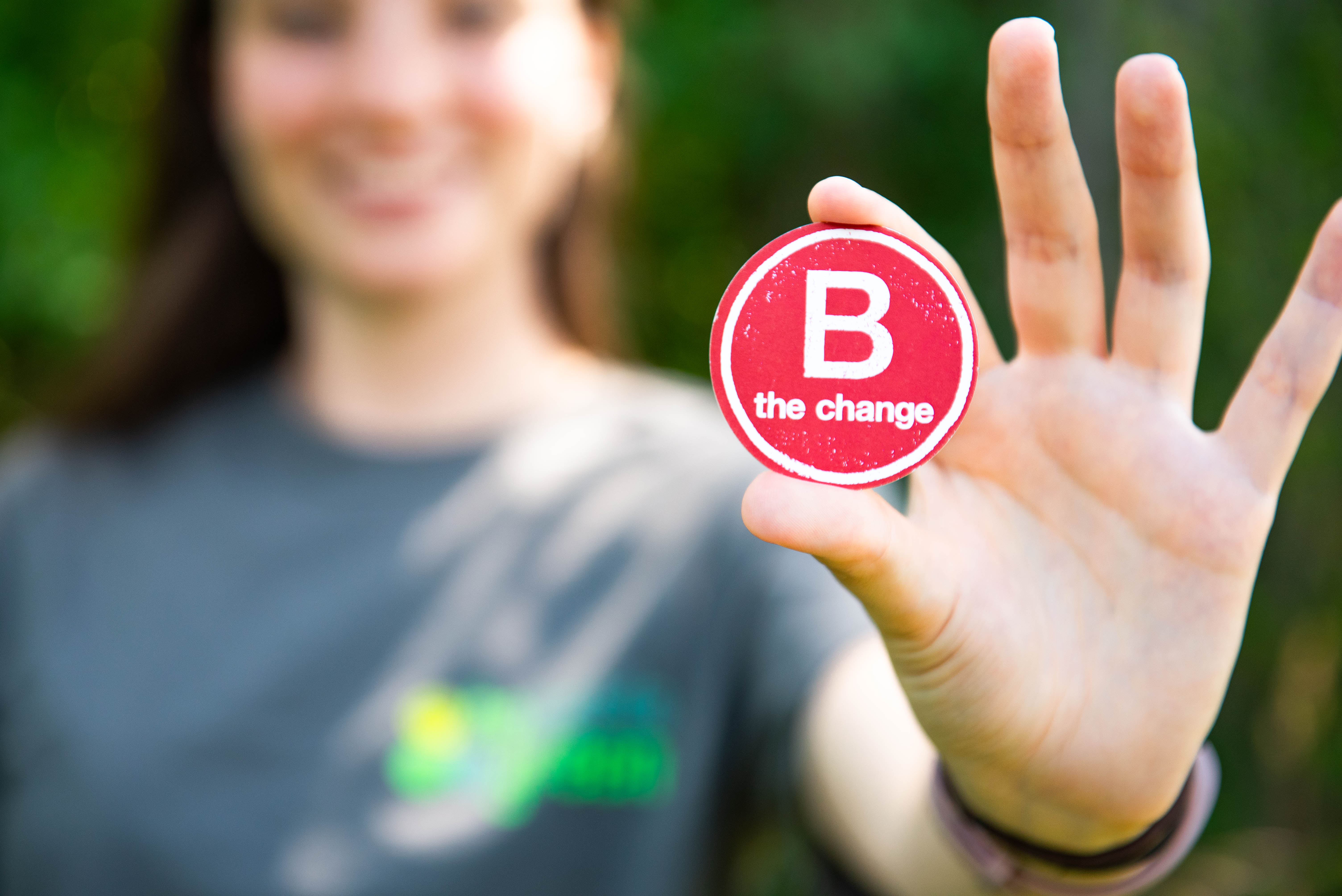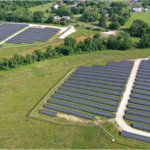Appearances can be Deceiving: The Truth About Compostable Utensils
By Paula Gonzalez Alvarez, Bethesda Green Environmental Leader
Out of all the alternatives to plastic, compostable flatware is rising in popularity. Efforts by cities across the United States to reduce plastic pollution are widespread, led by cities such as Seattle, Washington and Berkeley, California. Seattle requires all food service businesses to “find recyclable or compostable packaging and service ware alternatives to all disposable food service items such as containers, cups, straws, utensils, and other products,” (1). Berkeley recently established a new rule which “requires all cafés and restaurants to start charging 25 cents for disposable cups. The cups, in addition to lids, utensils, straws, and clamshells, must also now be certified compostable,” (2). Multiple well-known food chains are also trying to become more environmentally friendly by offering compostable materials. In fact, Starbucks is currently joining efforts with McDonalds in order to make a “fully recyclable, compostable paper cup,” (3). Here in Bethesda, restaurants such as Sweetgreen and Cava Mezze Grill are joining the effort to reduce waste and go green. These efforts, on top of recycling, are contributing to us becoming a zero-waste society.
It is great to see these advancements in sustainability efforts, but while compostable materials are not as harmful as plastics, they still need a certain environment to break down. Compostable utensils made from natural materials, such as cornstarch or potato starch, are a type of plastic known as bioplastics since they come from nature. According to Eco-Products (4), these bioplastics will most likely not break down in backyard compost heaps. While home composting is great for food scraps, the conditions in the composting heap are not the ones needed for these developed materials to disintegrate. Similarly, these products are usually not certified as marine degradable, meaning that if they end up in our oceans or waterways, they will not break down either. It is, therefore, no surprise that these compostable utensils cannot break down if they end up in landfills either. The lack of oxygen and microorganisms in the landfills prevents the materials from ever breaking down. So, the only way that these utensils can be completely disintegrated is if they are disposed of in a compost heap.
Usually, people who eat at restaurants that offer compostable flatware, such as Sweetgreen, dispose of their compost there, in a composting bin. Because of COVID, people are getting take-out and eating it at their homes. Sadly, most people do not compost at their homes or schedule compost pick up, so they end up tossing them in the trash. If people do not care enough to do their part, the effort and money put in by companies to reduce pollution is useless. Compostable materials are only good for the environment if each one makes sure to dispose of them properly in composting sites.
Fortunately, there are multiple companies who offer clean and convenient composting services to businesses, organizations, and residential customers in Bethesda. One of them is the Compost Crew (5). The Compost Crew serves throughout Maryland, Virginia, and Washington D.C. They provide weekly curbside food scrap collection services which are continuing to operate during the COVID-19 pandemic. The way their company works is that the more people in an area that compost with them, the cheaper they make the rates for all the people living in that area.
As a community everyone needs to start composting at their homes. Typically, around 50% of the garbage set out at the curb is compostable, and while compost is made into “black gold,” trash goes into landfills, which add pollution to the surrounding soil, air, and water, contribute to climate change, and can be a health hazard to humans and animals (6). Therefore, registering to get your compost bin picked up does not only allow people to compost bioplastics, but it also helps the environment.
Composting does not take as much work as people expect. First, residents and businesses in Bethesda can pick up one of the free composting bins that are provided by the Department of Environmental Protection in Montgomery County, MD (7). There are various available pick-up locations such as Davis Library and the Whole Foods Market on River Road. Next, sign up for weekly compost pickups on the Compost Crew website. Lastly, just put all your food scraps, yard materials, and organic materials in the composting bin and wait for it to get picked up. If enough people follow these steps and join the composting bandwagon, the community could get the compost pick-up prices down to less than $6.00 per month.
While using compostable utensils is environmentally friendly, it requires full participation from the community to ensure that they end up in composting heaps. So, start composting now!
About the author:
 Paula Gonzalez Alvarez, Bethesda Green Environmental Leader
Paula Gonzalez Alvarez, Bethesda Green Environmental Leader
Paula Gonzalez Alvarez is a Senior at Walt Whitman High School and an aspiring engineer. She believes learning about green living and environmental conservation will help her create more sustainable projects in the future.








